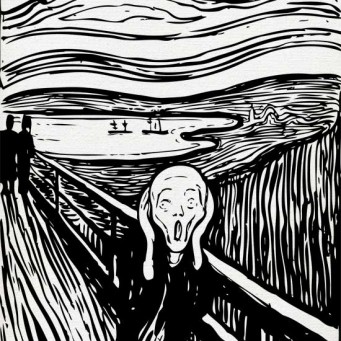Payment into a pre-2006 FURBS is not liable to NIC
Fri 28 Feb 2014
The Supreme Court (SC) has reversed the Court of Appeal decision in Forde & McHugh Ltd. HMRC are not entitled to impose class 1 NIC on the transfer from the company into the Funded Unapproved Retirement Benefits Scheme (“FURBS”).
In the SC the taxpayer accepted that “earnings” for NIC is much wider than “emoluments”, the pre-tax law rewrite term of the scope of what was subject to the schedule E charge definition. The debate focused on whether the transfer into trust for the benefit of Mr McHugh amounted to earnings at a time when his interest in the trust was only a contingent one – and which he might never benefit from if he died before he reached retirement age.
The SC identified the significant landmarks on the development of the national insurance charge from 1911 to 1975 and then looked in detail at the wording of the current legislation in the 1992 Act. The SC observed that wide scope of “earnings” is restricted by specific statutory provisions disregarding payment in kind. Thus there is no read over from income tax to NIC.
The SC decided against HMRC on three grounds, the first being the principal reason:
- HMRC had asserted that there was a NIC charge both on the transfer into the FURBS and on payment out of it with the double charge relieved by a provision in the 1992 Act. This was summarily dismissed: “the ordinary man on the underground would consider it to be counter-intuitive that a person would earn remuneration both when his employer paid money into a trust … and again when … that trust fund was paid out.” The payment from the trust is earnings; the payment in is not. Lord Hodge also commented by way of analogy that under HMRC’s argument, a bonus put into trust or escrow for an employee but which was payable only at a late when performance targets were met would have been taxed twice.
- Mr McHugh did not receive anything when the payment was made to the FURBS. NIC is charged on what the employee obtains from employment.
- For Mr McHugh to receive any benefit he had to survive to his retirement date, and treating the payment into trust as earnings failed to take account of this contingency. Were a charge to be imposed on the transfer into the FURBS this would involve discounting the amount for uncertainty and NIC made no provision for how this could be done.
The SC concluded “the transfer to the FURBS was not the payment of earnings to or for the benefit of Mr McHugh within the meaning of s6(1) of SSCBA 1992.”
NB the basis of the NIC charge was changed from 6 April 2006. Also, under the disguised remuneration rules in Part 7A ITEPA 2003 funds which are ‘earmarked’ for a particular employee would be subject to NIC and income tax.



Comments